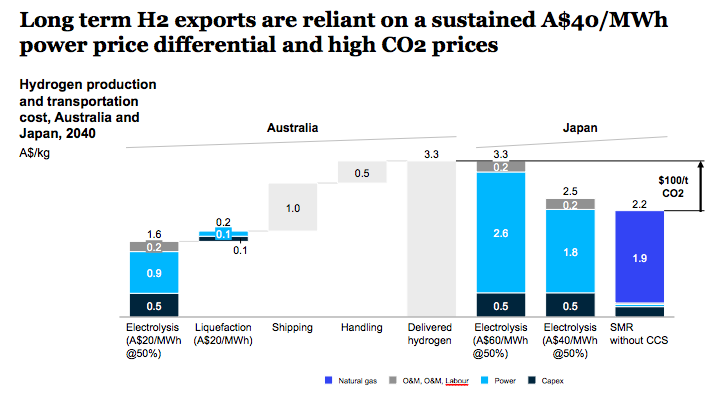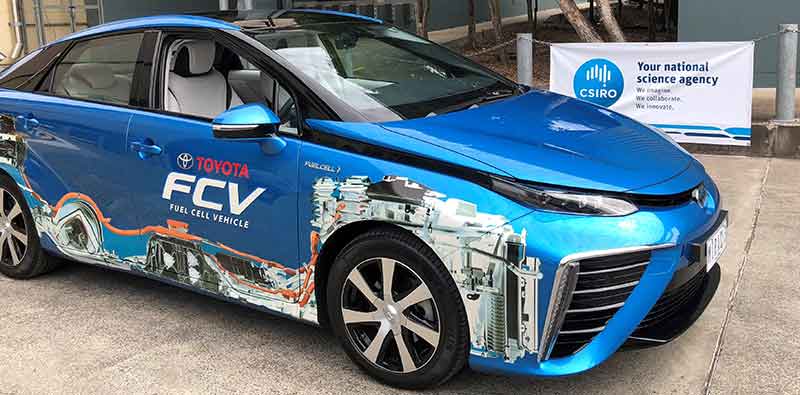Hydrogen: vital to the energy revolution or just a pipedream?

Pic: Yuichiro Chino / Moment via Getty Images
The role hydrogen will play in the future energy mix polarises opinion – but when it comes to unproven tech its always important to “follow the money”, says Wood Mackenzie’s Gavin Thompson.
It looks like more money could be trickling into hydrogen, but the tech — plagued by a number of false starts over the past ~50 years — still has to overcome some big hurdles.
One of the biggest stumbling blocks right now is the cost of producing hydrogen from low carbon sources.

“Listen to a cynic and it’s an expensive, carbon-intensive and dangerous pipedream that will only play a marginal role in decarbonisation,” said Wood Mackenzie’s vice chairman, Energy – Asia Pacific Gavin Thompson in a recent note.
But speak to a believer and hydrogen is “the revolutionary fuel to lead us into a zero-carbon future”.
- Subscribe to our daily newsletter
- Join our small cap Facebook group
- Follow us on Facebook or Twitter
When considering how any unproven technology might progress, Thompson says he is a firm believer in “following the money”.
Japan is the undisputed hydrogen fuel leader, but after talking to energy companies in Tokyo, Thompson says the consensus supported more money going into plug-in EVs over hydrogen fuel cells.
Carmakers like Toyota are increasing investment and output of hydrogen fuel cell vehicles, but sales remain tiny and growth is being driven through big subsidies.

“Prime Minister Abe speaks boldly of Japan being a hydrogen society by 2050,” Thompson says.
“This needs huge advances in CCS and a mammoth build out of supply, transportation and storage, all to be achieved with a stated goal of reducing production costs by 90 per cent by 2050.
“All feels a bit rabbit from the hat.”
Japan is a driving force behind the Australian enthusiasm for hydrogen but despite the hype, our fledgling sector is also a long, long way from being profitable.
In April, China announced that hydrogen would help decarbonise its transport sector, yet policy remains massively in favour of plug-in EVs over any significant policy switch towards hydrogen fuel cell vehicles, Thompson says.
“But one immediate observation is that the future role of hydrogen versus other fuels isn’t an ‘either/or’ debate,” he says.
“The focus instead needs to be on complementarity with other low carbon technologies as we move forward with energy transition.”
NOW READ: Hydrogen’s got ‘unprecedented momentum’… but it’s not as clean as many people think
UNLOCK INSIGHTS
Discover the untold stories of emerging ASX stocks.
Daily news and expert analysis, it's free to subscribe.
By proceeding, you confirm you understand that we handle personal information in accordance with our Privacy Policy.








